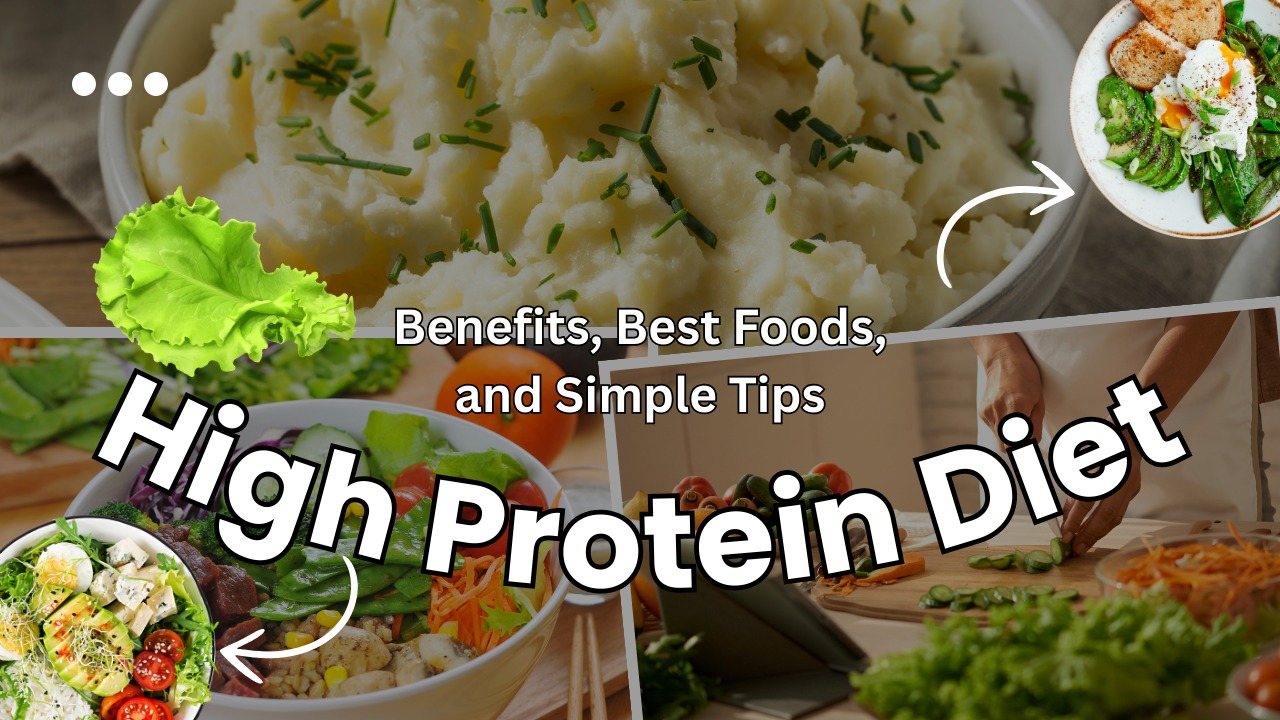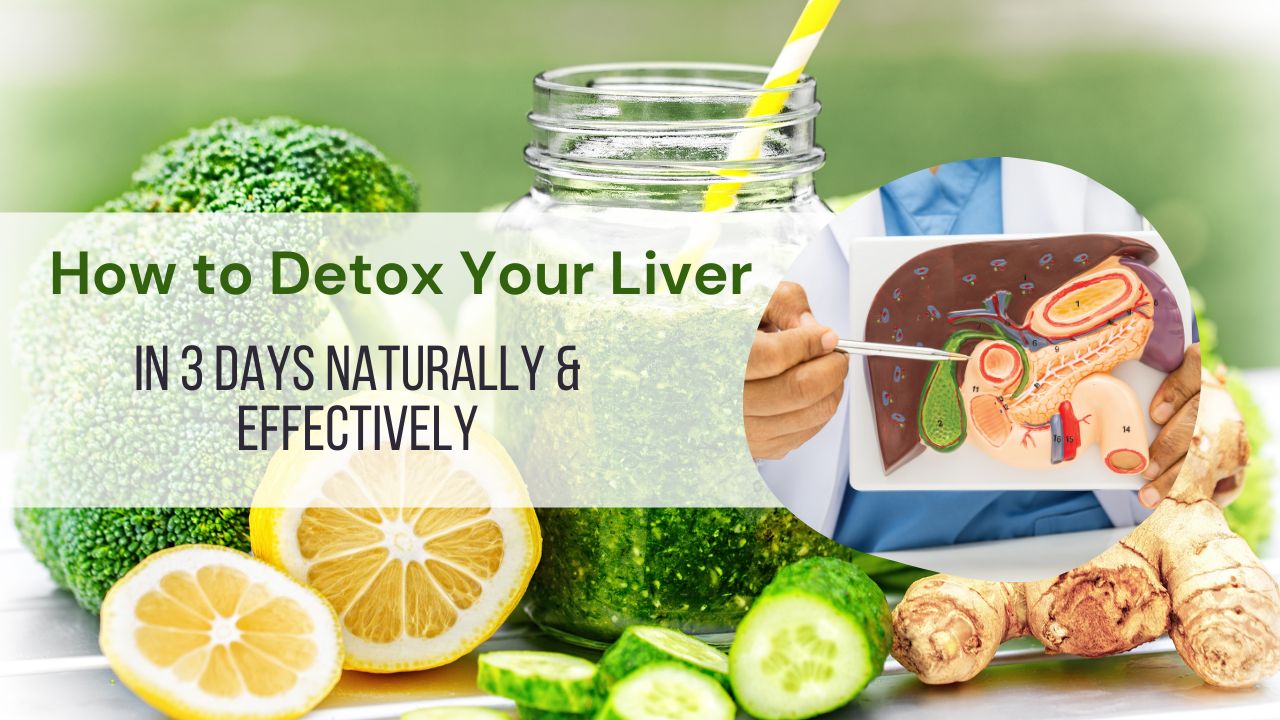A high protein diet is a nutritional approach that focuses on increasing protein intake to enhance overall health and well-being. It is popular among athletes seeking improved performance, individuals aiming to lose weight, or anyone wanting to boost their general health. A high-protein diet can help with muscle building, weight management, and overall energy levels.
Incorporating protein-rich foods into your meals is key to making the most of this diet. Foods like lean meats, fish, eggs, beans, and nuts are excellent sources of protein. These foods support muscle repair, promote satiety, and contribute to fat loss, helping you achieve your fitness or health goals.
To ensure you’re following a balanced high protein diet, it’s essential to combine these protein sources with a variety of other nutrients, including healthy fats and carbohydrates. Planning meals ahead and tracking protein intake can help you stay on track while maximizing the benefits of a high protein diet.
What is a High Protein Diet ?
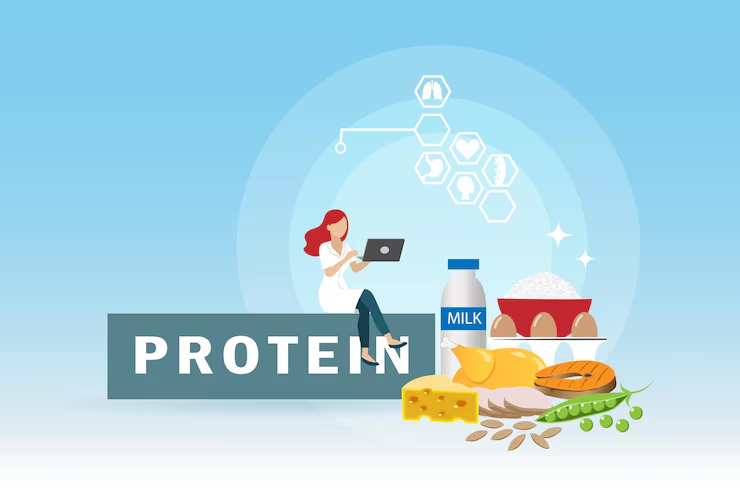
A high protein diet involves consuming a larger portion of your daily calories from protein-rich foods. Proteins are essential macronutrients that help build and repair tissues, support immune function, and produce hormones and enzymes. While the specific definition of a “high protein diet” may vary, it usually means getting around 20% to 35% of your total daily calories from protein.
The Recommended Daily Allowance (RDA) for protein is 0.8 grams per kilogram of body weight for an average adult. However, on a high protein diet, this amount is often higher. People following this type of diet may aim for 1.2 to 2.0 grams of protein per kilogram of body weight, depending on their personal goals, such as muscle building or fat loss.
Adopting a high-protein diet can provide numerous benefits, including better muscle repair, improved metabolism, and weight management. By increasing protein intake, individuals can support their fitness goals and improve overall health in a balanced and sustainable way.
Why Choose a High-Protein Diet ?
There are numerous reasons why someone might choose to adopt a hig protein diet. Here are some of the key benefits:
Promotes Muscle Growth and Maintenance
A high protein diet is widely recognized for its ability to promote muscle growth and repair. Proteins are essential for building muscle tissue, and consuming enough protein supports recovery after exercise. This is particularly important for athletes and bodybuilders, who need to repair muscle fibers after intense workouts.
For those aiming to build lean muscle mass, spreading protein intake throughout the day can help stimulate muscle protein synthesis. This process aids in the formation of new muscle fibers, supporting muscle growth and improving overall strength. By following a high-protein diet, individuals can enhance muscle recovery and effectively work toward their fitness goals.
Supports Weight Loss and Fat Burning
Protein can be a powerful tool for weight management. High protein diets can help with weight loss in several ways:

Increased Satiety: A high-protein diet helps promote feelings of fullness, making it easier to control your appetite. Protein-rich foods take longer to digest, which keeps you satisfied for longer periods. As a result, you’re less likely to snack on unhealthy foods or overeat, ultimately reducing your overall calorie intake. This can support weight management by helping you stay on track with healthier eating habits.
Thermic Effect of Food (TEF): One unique benefit of a high protein diet is its thermic effect. Protein requires more energy for digestion and metabolism compared to fats and carbohydrates. This means that your body burns more calories during the digestion process, leading to an increase in calorie expenditure. By incorporating more protein into your diet, you can naturally boost your metabolism and promote a higher calorie burn throughout the day.
Preserving Lean Muscle Mass: When following a high protein diet during weight loss, the body is less likely to break down lean muscle tissue for energy. Protein helps to preserve muscle mass, which is crucial for maintaining a healthy metabolism. By preserving lean muscle, you can achieve sustainable weight loss and prevent the drop in metabolism that often occurs with rapid weight loss.
Improved Metabolism and Fat Loss
As mentioned earlier, a high protein diet can help boost your metabolism by increasing energy expenditure. This means your body burns more calories, even at rest, which can aid in fat loss while preserving lean muscle mass. The increased calorie burn from protein digestion and metabolism helps optimize your fat-burning potential.
Additionally, consuming adequate protein helps regulate blood sugar and insulin levels. By keeping these levels balanced, a high-protein diet prevents the body from storing excess fat. Instead, it encourages the use of stored fat for energy. This dual benefit—enhancing fat burning while maintaining lean muscle—makes protein a key nutrient for those looking to lose weight or improve body composition.
Supports Bone Health
There is a common misconception that high protein diets may harm bone health by leaching calcium from the bones. However, research has shown that this is not the case. In fact, adequate protein intake, when paired with sufficient calcium and vitamin D, can actually support and improve bone health. Protein plays a crucial role in maintaining bone density, which is essential for overall bone strength.
For older adults, a high-protein diet can help reduce the risk of osteoporosis and fractures, as it supports bone structure and integrity. By ensuring proper protein intake, alongside important nutrients like calcium and vitamin D, individuals can enhance their bone health and reduce the likelihood of bone-related issues as they age. Therefore, a well-balanced high protein diet can contribute to stronger, healthier bones.
Boosts Immune Function
Proteins are vital for the proper functioning of the immune system, as they are involved in the production of antibodies. Antibodies are specialized proteins that help protect the body from infections by identifying and neutralizing harmful pathogens like bacteria and viruses. A high-protein diet can significantly support the production of these essential antibodies, thereby boosting the immune system’s ability to defend against illnesses.
By ensuring an adequate intake of protein, you help enhance the immune system’s efficiency in fighting off diseases. A strong immune response is crucial for overall health, especially during times when the body is exposed to infections. Therefore, incorporating more protein into your diet can help strengthen your body’s natural defenses, making a high protein diet an essential factor in maintaining good health and immunity.
Helps Control Blood Sugar Levels
Protein plays an important role in regulating blood sugar levels by slowing down the digestion and absorption of carbohydrates. When you incorporate protein into your meals, particularly alongside carbohydrate-rich foods, it helps to prevent rapid spikes in blood sugar levels. This is especially beneficial for individuals with type 2 diabetes or insulin resistance, as it can help maintain more stable blood sugar levels throughout the day.
By following a high-protein diet, you can mitigate the risk of blood sugar fluctuations and improve overall glucose control. This not only supports those with diabetes but also promotes healthier blood sugar management for anyone looking to optimize their diet. Consistently including protein with carbohydrates is a simple yet effective way to manage your blood sugar and promote long-term health.
Best Protein-Rich Foods for a High-Protein Diet
A high-protein diet doesn’t mean you have to rely solely on protein powders or shakes. In fact, it’s best to prioritize whole, nutrient-dense foods that naturally provide protein. Here are some of the best protein sources to include in your high protein diet:
Animal-Based Protein Sources
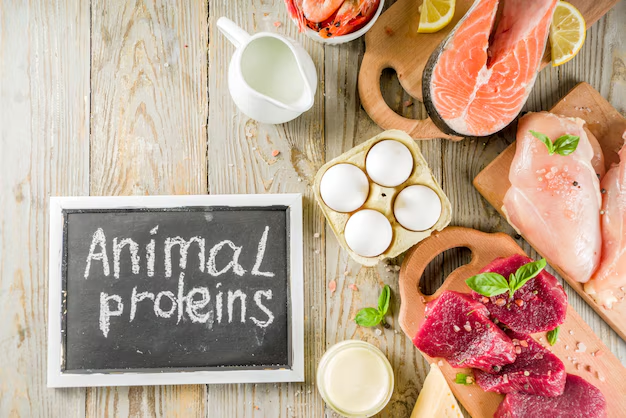
Chicken and Turkey: Skinless chicken breast and turkey are some of the leanest and most efficient sources of animal protein, making them perfect options for a high-protein diet. A 3.5-ounce (100-gram) serving of chicken or turkey provides about 30 grams of protein, which supports muscle growth and repair. These poultry options are also low in fat, making them a great choice for anyone looking to increase protein intake without adding unnecessary calories or fats to their diet.
Fish and Seafood: Fish like salmon, tuna, and cod are excellent protein sources and are packed with heart-healthy omega-3 fatty acids. Omega-3s have been shown to improve cardiovascular health, making fish an ideal choice for a high protein diet. Additionally, shellfish like shrimp, scallops, and mussels are rich in protein and low in fat, offering a delicious and nutritious way to increase your protein intake while benefiting from their other health-promoting nutrients.
Lean Beef: Lean cuts of beef, such as sirloin or tenderloin, provide an excellent source of protein in a high-protein diet. These cuts typically contain about 25 grams of protein per 3.5 ounces (100 grams), along with essential vitamins and minerals like iron and zinc. When choosing lean beef, you can enjoy the benefits of a protein-packed meal that also supports muscle health and energy levels without the added fat found in fattier cuts.
Eggs: Eggs are one of the most versatile and nutrient-dense sources of protein, making them an essential part of a high protein diet. Each large egg provides around 6 grams of protein, along with essential vitamins, minerals, and healthy fats. Eggs are not only an excellent source of complete protein but also a great option for boosting your intake of amino acids that aid in muscle recovery, making them a popular choice for athletes and anyone looking to improve their diet.
Dairy Products: Dairy products like Greek yogurt, cottage cheese, milk, and cheese are rich in protein, particularly casein, which is a slow-digesting protein that provides a steady release of amino acids. A high-protein diet that includes dairy can help support muscle maintenance and overall health. These dairy options are also packed with calcium, which supports bone health, making them an ideal addition to meals for those looking to enhance both their protein and nutrient intake.
Plant-Based Protein Sources
Legumes: Beans, lentils, and peas are excellent sources of plant-based protein, making them a key component of a high protein diet, especially for vegetarians and vegans. A cooked cup (200 grams) of legumes can provide about 18 grams of protein, making them a great choice for those looking to boost their protein intake without relying on animal products. Additionally, legumes are high in fiber, which not only supports healthy digestion but also promotes feelings of fullness, helping with appetite control and weight management.
Tofu and Tempeh: Tofu and tempeh, both made from soybeans, are popular plant-based alternatives to meat, offering an excellent protein source for a high protein diet. Tofu is versatile and can be used in a variety of dishes, while tempeh is more protein-dense, providing about 30 grams of protein per cup (166 grams). Tempeh also contains more fiber than tofu, making it a great choice for those looking to increase their protein and fiber intake while maintaining a balanced, plant-based diet.
Quinoa: Quinoa is a unique plant-based protein because it is a complete protein, meaning it contains all nine essential amino acids required for optimal health. A cup of cooked quinoa provides around 8 grams of protein, making it a valuable addition to a high-protein diet. Quinoa is also gluten-free and packed with other essential nutrients like fiber, iron, and magnesium, making it an excellent choice for those seeking a nutritious and well-rounded protein source.
Nuts and Seeds: Nuts and seeds, including almonds, peanuts, chia seeds, flaxseeds, and hemp seeds, are rich in both protein and healthy fats, making them an essential part of a high protein diet. These nutrient-dense foods provide not only a good amount of protein but also fiber, which helps promote satiety and supports digestive health. Adding these to your diet can help satisfy hunger and provide sustained energy, making them a perfect snack or addition to meals for those looking to enhance their protein intake.
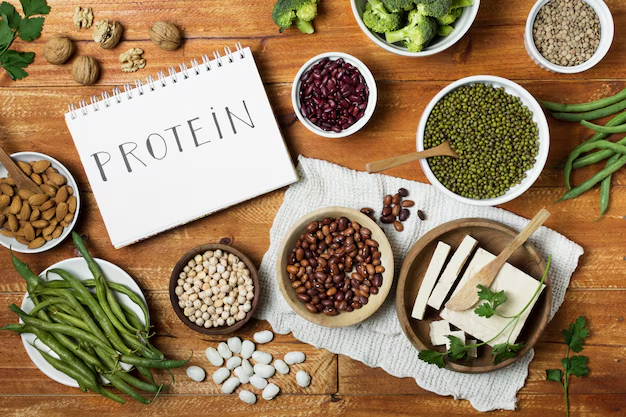
Edamame: Edamame, or young soybeans, are another fantastic source of plant-based protein, particularly for those following a high protein diet. One cup (155 grams) of edamame provides around 17 grams of protein, making it a great snack or addition to salads, stir-fries, and other dishes. Edamame is not only rich in protein but also contains fiber and important micronutrients like iron and calcium, offering a well-rounded nutritional boost.
Protein Supplements
For individuals who struggle to meet their protein needs through food alone, protein powders offer a convenient solution. Whey protein, casein, and plant-based options like pea or hemp protein can be a great way to boost your protein intake and support your high protein diet. These powders are especially useful for those with busy lifestyles or specific dietary preferences.
However, it’s important to remember that whole food sources of protein should always be prioritized when possible. Whole foods provide additional nutrients, such as vitamins, minerals, and fiber, that protein powders may lack. Striving to get the majority of your protein from natural food sources ensures a more balanced and nutritious high-protein diet.
How to Plan a High Protein Diet
To get the most from a high-protein diet, it’s essential to plan your meals and snacks properly. Here are some tips for successfully integrating more protein into your diet:
Balance Your Macronutrients: While focusing on a high protein diet, it’s essential to maintain a proper balance with other macronutrients like fats and carbohydrates. Healthy fats, such as those found in avocados, olive oil, and nuts, support overall health, hormone function, and energy levels. Additionally, fiber-rich carbohydrates from vegetables, whole grains, and legumes help provide long-lasting energy and support digestion. A well-rounded meal that includes protein, healthy fats, and complex carbs ensures that your body receives the nutrients it needs to function at its best and maintain a balanced high-protein diet.
Distribute Protein Throughout the Day: To get the most out of your high protein diet, it’s important to spread your protein intake throughout the day rather than consuming all of it in one or two large meals. This method helps maintain a steady supply of amino acids for muscle repair and growth. A great strategy is to include a source of protein in every meal and snack. This ensures that your body has constant access to the building blocks needed for muscle protein synthesis and helps regulate hunger levels, making it easier to stay on track with your diet goals.
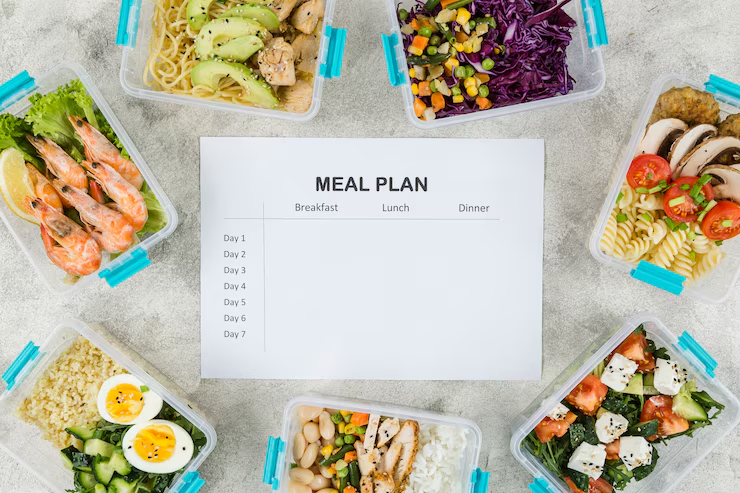
Hydrate Well: Following a high-protein diet can place added strain on your kidneys due to the increased waste products from protein metabolism. To help your body process proteins effectively and support overall health, it’s crucial to stay hydrated. Drinking plenty of water throughout the day helps prevent dehydration and supports kidney function. Staying well-hydrated also aids digestion, reduces bloating, and ensures your body can efficiently absorb and utilize the nutrients from your meals, keeping you feeling energized and balanced on your high protein diet.
Experiment with Different Protein Sources: Diversifying the protein sources in your high-protein diet helps ensure that you get a wide range of essential nutrients and benefits. Try incorporating both animal-based proteins (such as lean meats, eggs, and dairy) and plant-based proteins (like legumes, tofu, and quinoa) into your meals. Each protein source offers unique health benefits, such as varying amino acid profiles, vitamins, and minerals. A mix of protein sources ensures that your diet remains nutritious, satisfying, and well-rounded, which supports both your fitness goals and overall well-being.
Monitor Your Progress: When following a high protein diet with goals like weight loss or muscle gain, it’s essential to monitor your progress regularly. Keep track of your body composition, strength levels, energy, and any changes in your fitness performance. If you’re not seeing the results you desire, it might be helpful to adjust your protein intake or other aspects of your diet. Regularly tracking your progress helps you make informed decisions and fine-tune your high-protein diet to ensure it aligns with your personal health and fitness goals.
Potential Downsides and Considerations
While a high protein diet can be beneficial for most people, it’s not suitable for everyone. There are a few things to keep in mind:
Kidney Health: People who have existing kidney problems should be careful when following a high-protein diet. Consuming too much protein can put extra pressure on the kidneys, as they work harder to filter out the waste produced during protein metabolism. If you have any kidney issues or concerns, it’s important to speak with a healthcare professional before increasing your protein intake through a high-protein diet. Moderation and proper medical guidance are key to protecting kidney function.
Digestive Issues: Some individuals may face digestive discomfort when starting a high-protein diet, especially if the increase in protein is sudden. Common issues include bloating, gas, or constipation. These symptoms often happen because of low fiber intake or dehydration. To ease digestion while on a high protein diet, it’s helpful to add more fiber-rich foods like vegetables, fruits, and whole grains, and to drink plenty of water throughout the day. This can help keep your digestive system running smoothly.
Nutrient Imbalance: Focusing too much on protein and neglecting other food groups can lead to a lack of essential nutrients. A high protein diet should not mean cutting out healthy fats, carbohydrates, or important vitamins and minerals. For long-term health, it’s important to eat a balanced variety of foods. Make sure your meals include vegetables, fruits, whole grains, and healthy fats along with protein to ensure your high-protein diet supports overall nutrition and well-being.
Conclusion

In conclusion, a high protein diet offers numerous health benefits, making it an effective and sustainable approach for many individuals. By increasing your intake of protein-rich foods such as lean meats, fish, eggs, legumes, and dairy products, you support muscle growth and repair, improve metabolism, and promote satiety. This not only aids in weight loss but also helps in maintaining lean muscle mass, especially important during periods of calorie restriction or intense physical training.
Moreover, a high protein diet helps regulate blood sugar levels and supports bone and immune health. It provides the necessary amino acids your body needs for vital functions and recovery processes. Including a variety of both animal- and plant-based protein sources ensures a broad spectrum of nutrients, making your diet more balanced and effective. Distributing protein intake throughout the day and staying hydrated can further enhance the benefits of this diet.
However, while the high protein diet is beneficial for many, it’s important to customize it based on individual health needs and lifestyle. People with certain medical conditions, such as kidney disease, should consult with a healthcare professional before significantly increasing their protein intake. With mindful planning and consistency, a high protein diet can be a powerful tool to improve your overall health, support fitness goals, and maintain long-term wellness.
FAQs
- What is a high protein diet ?
A high protein diet is a way of eating that increases your daily intake of protein-rich foods. Typically, around 20% to 35% of your total daily calories come from protein. This type of diet is popular for building muscle, losing weight, and improving overall health. - Who can benefit from a high protein diet ?
A high protein diet can benefit many people, including athletes, bodybuilders, people trying to lose weight, older adults looking to maintain muscle, and those recovering from illness or injury. However, individual needs may vary. - Can a high protein diet help with weight loss ?
Yes. A high protein diet can promote weight loss by increasing feelings of fullness, reducing hunger, and boosting metabolism through the thermic effect of food (TEF). It also helps preserve lean muscle during fat loss. - Is it safe to follow a high protein diet long-term ?
For most healthy people, a high protein diet is safe when balanced with fats, carbohydrates, and enough fiber. People with kidney issues should consult a doctor before starting, as too much protein may strain the kidneys. - What are some good protein sources for a high protein diet ?
Great sources include lean meats (chicken, turkey, beef), fish, eggs, dairy (Greek yogurt, cottage cheese), legumes (beans, lentils), tofu, tempeh, quinoa, nuts, seeds, and protein powders like whey or plant-based options.

